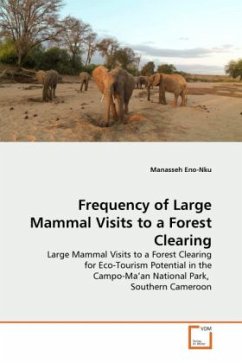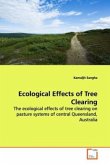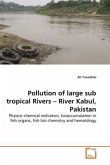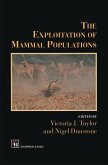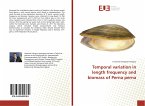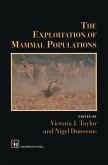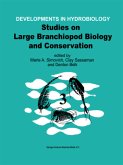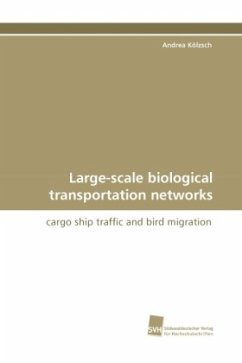Forest clearings are known to be extensively used by many species of birds and terrestrial wildlife, especially large mammals. However, there is now an urgent need for a shift in emphasis towards activities of a broader and more management-related nature, so that the conservation of the Campo Ma'an National Park can be developed in a sustainable way. This may be achieved alongside great economic benefit to the indigenous population by the introduction of low-impact eco-tourism. Watching large mammals in the wild has been a lucrative tourism business for almost two decades in some countries in the Congo basin region. Relatively high populations of large mammals, including elephants, buffaloes, mandrills, gorillas and chimpanzees, distinguish the Campo Ma'an NP, which is situated in the most species-rich lowland forest typical of the Congo basin. Coupled with its obvious aesthetic appeal, extensive coastline, inland waterways, waterfalls and indigenous forest-dwelling people, Campo-Ma'an NP could offer much of interest to the international tourist. This book presents ideas, proposals and potentials for wildlife viewing based tourism in the Campo-Ma'an NP.

